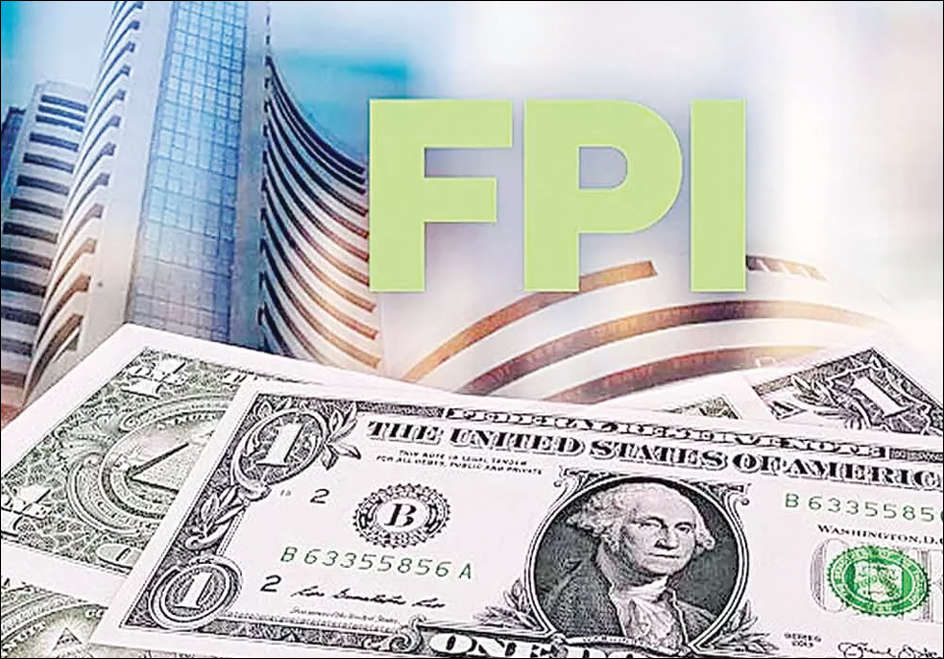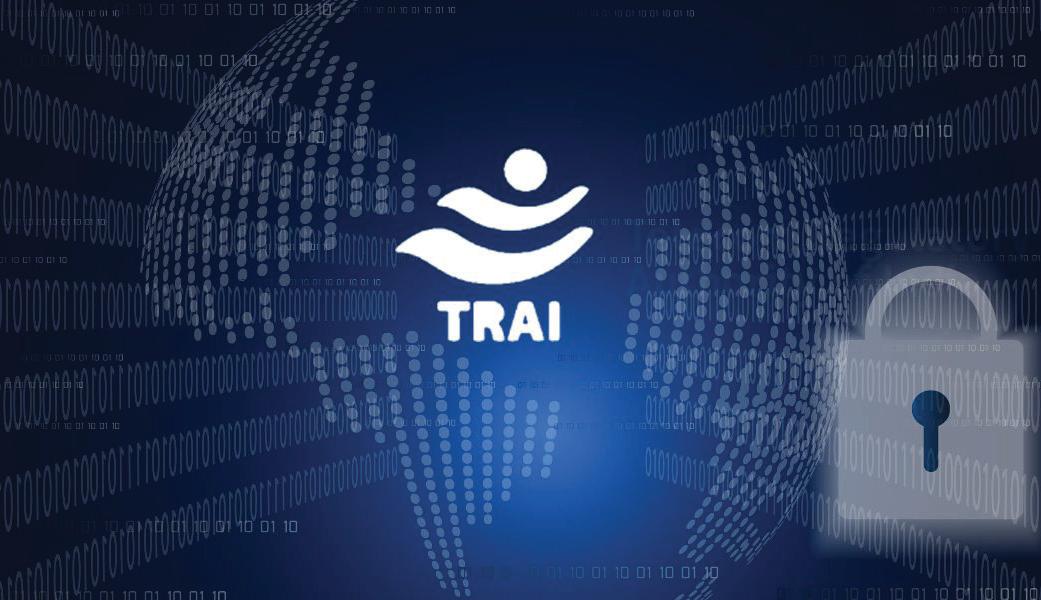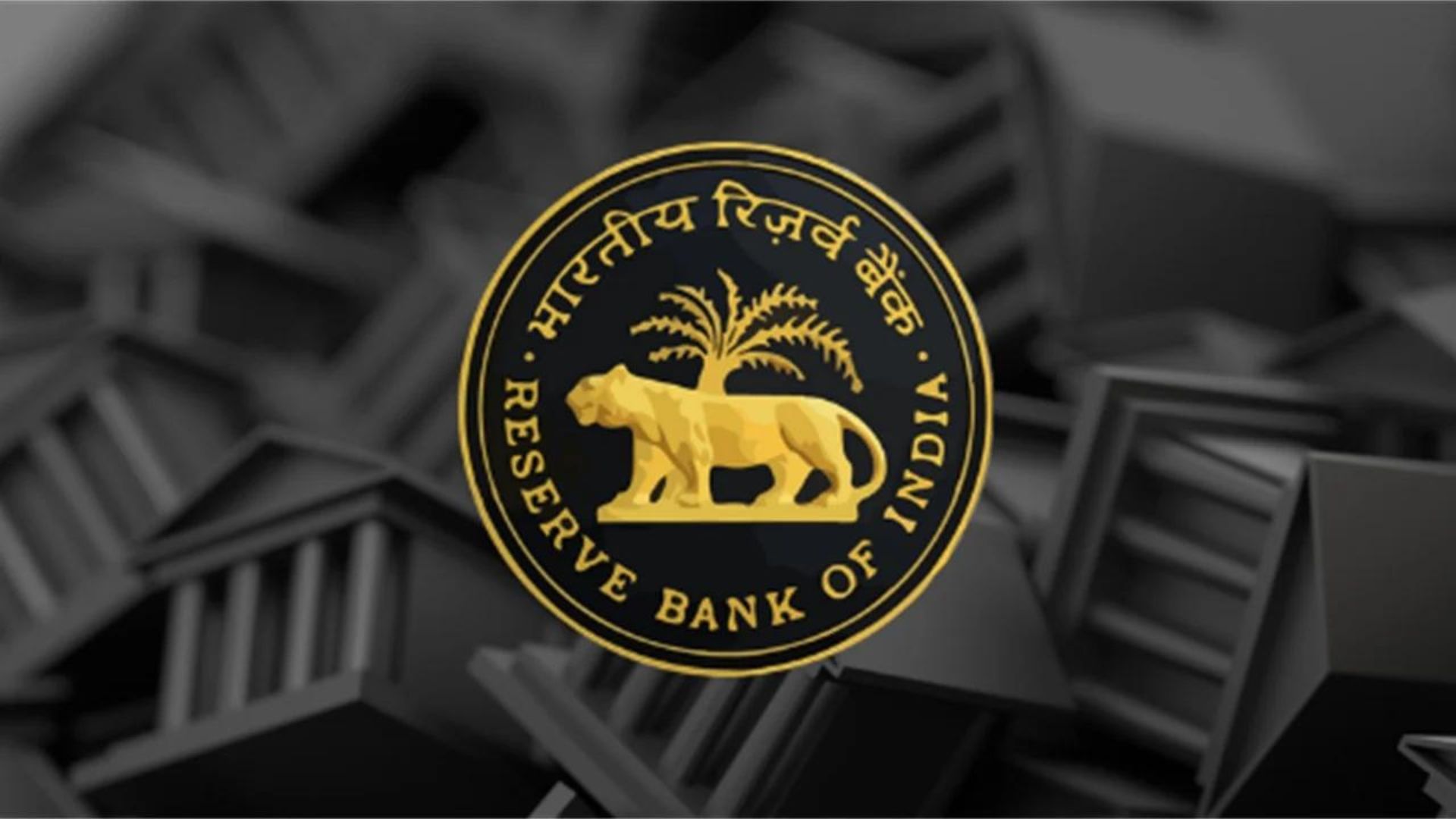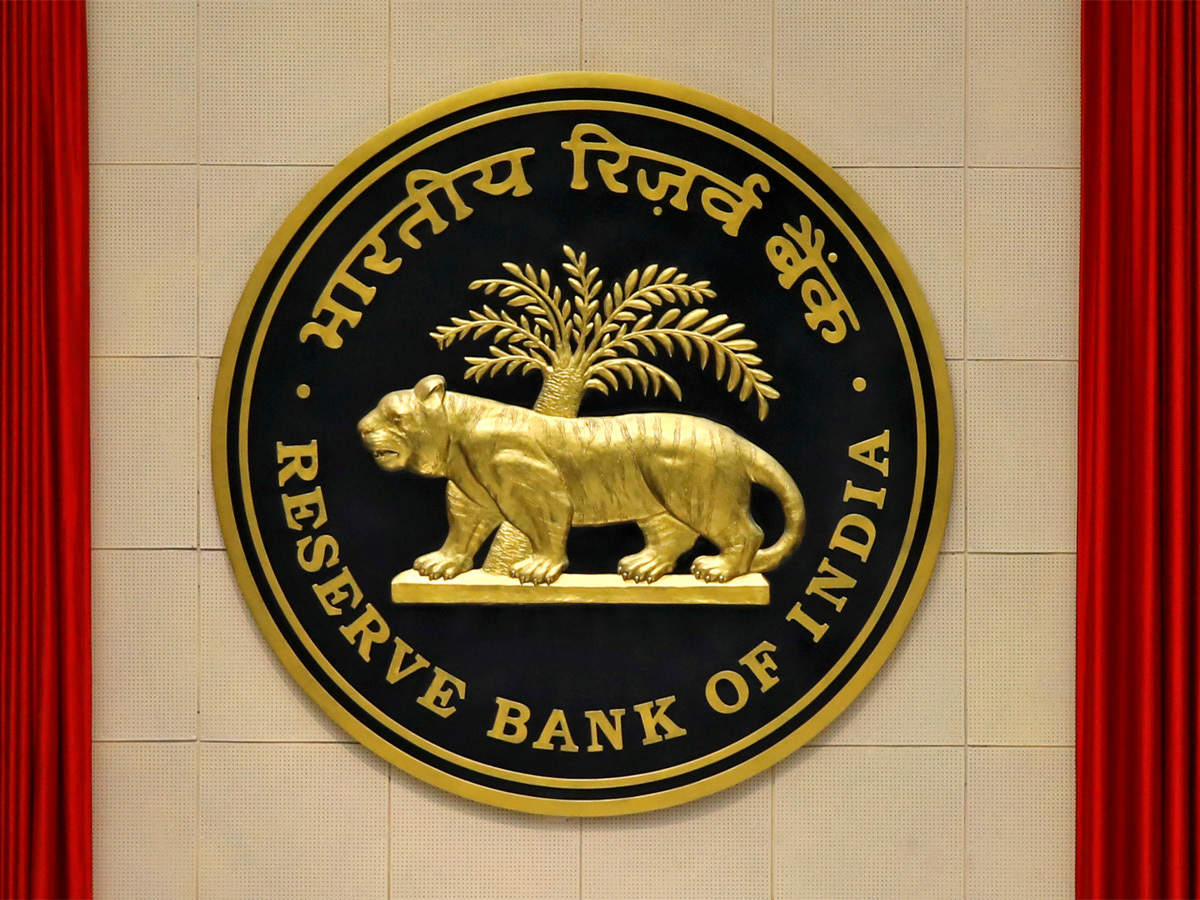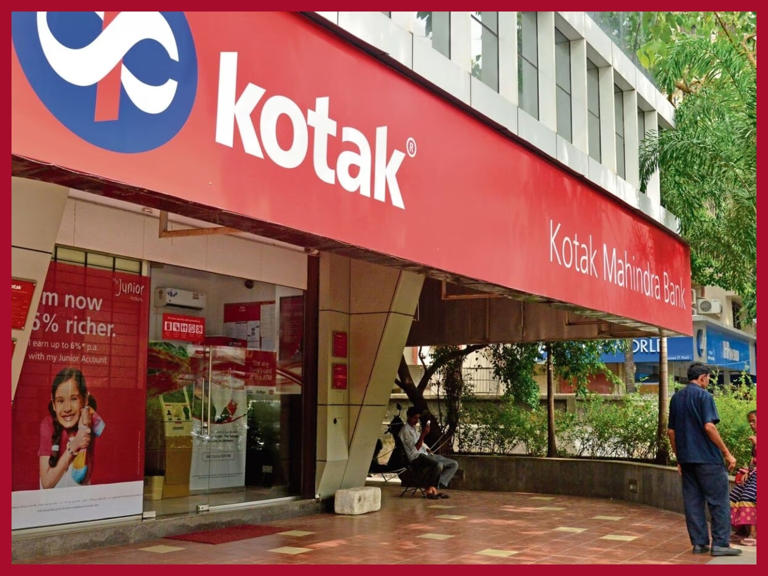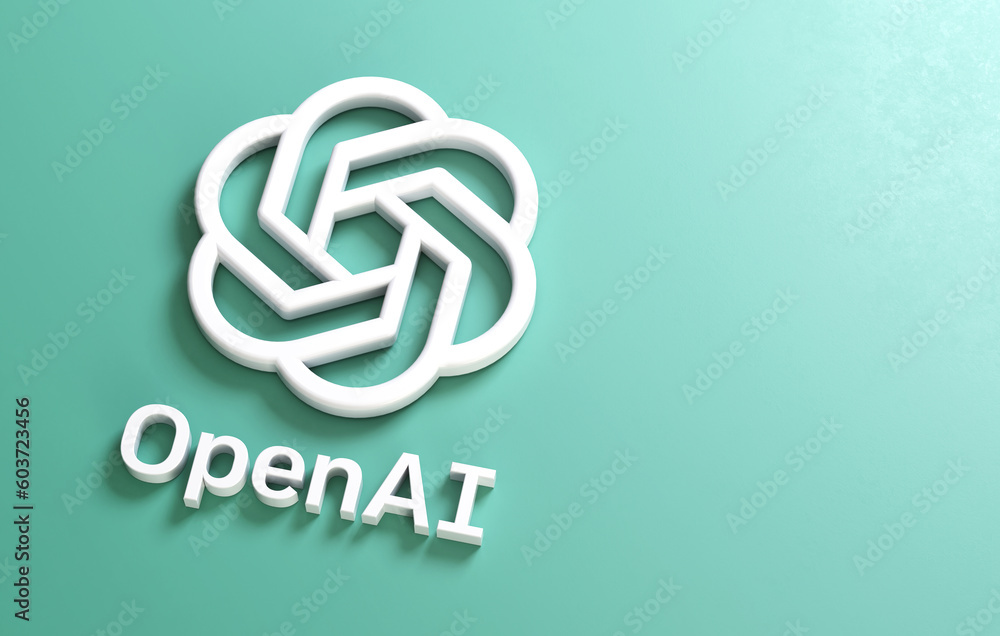Industry & Regulation
RBI lifts restrictions on HDFC Bank’s new digital launches
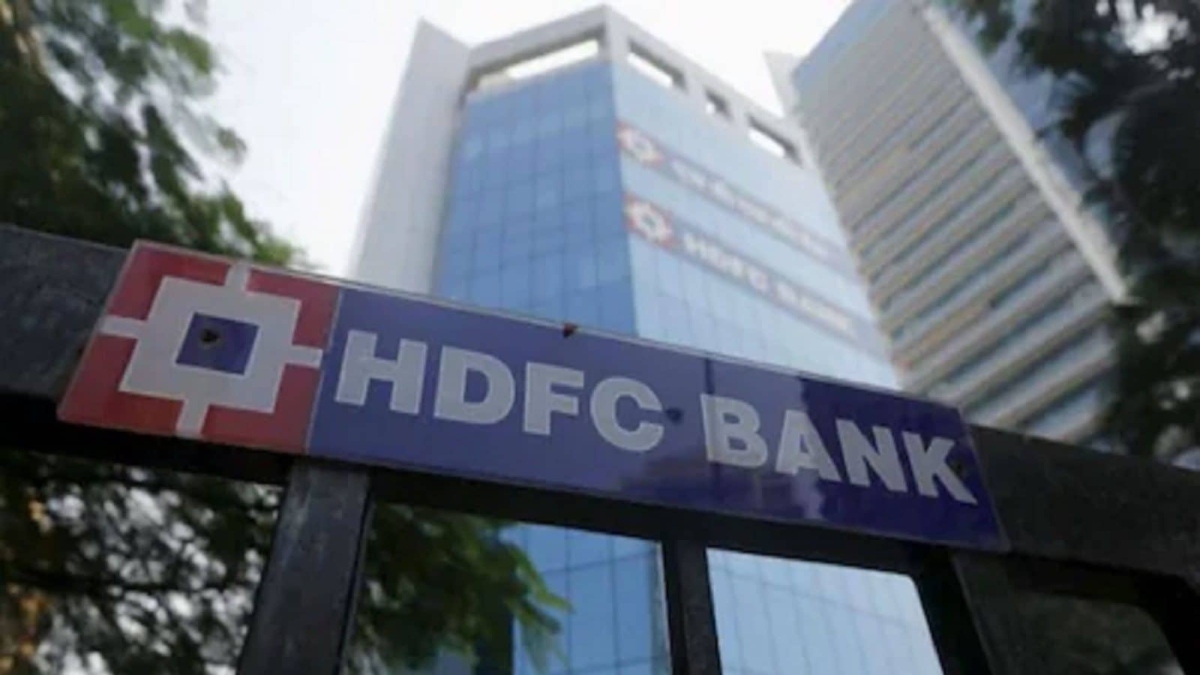
The Daily Guardian is now on Telegram. Click here to join our channel (@thedailyguardian) and stay updated with the latest headlines.
For the latest news Download The Daily Guardian App.
Industry & Regulation
Media industry cries foul, national broadcasting policy too restrictive
Banking & Finance
RBI bans BOB from onboarding new customers
Banking & Finance
RBI action may curb credit growth, says S&P, Nomura sees limited effect on biz
Economic
RBI’s new master direction on ARCs effective April 24
Industry & Regulation
RBI blocks Kotak Bank’s online onboarding & credit card issuance
Tech
OpenAI Establishes India Presence with Government Relations Head
-

 Opinion3 years ago
Opinion3 years agoPakistan-China nexus trying to sow doubts in Indian society about governance systems
-

 Entertainment8 years ago
Entertainment8 years agoThe final 6 ‘Game of Thrones’ episodes might feel like a full season
-

 Entertainment8 years ago
Entertainment8 years agoThe old and New Edition cast comes together to perform
-

 Fashion8 years ago
Fashion8 years agoThese ’90s fashion trends are making a comeback in 2017
-

 Opinion4 years ago
Opinion4 years agoEnvironment day with a missing spring and lost souls
-

 Entertainment8 years ago
Entertainment8 years agoNew Season 8 Walking Dead trailer flashes forward in time
-

 Politics8 years ago
Politics8 years agoIllinois’ financial crisis could bring the state to a halt
-

 Entertainment8 years ago
Entertainment8 years agoMod turns ‘Counter-Strike’ into a ‘Tekken’ clone with fighting chickens






